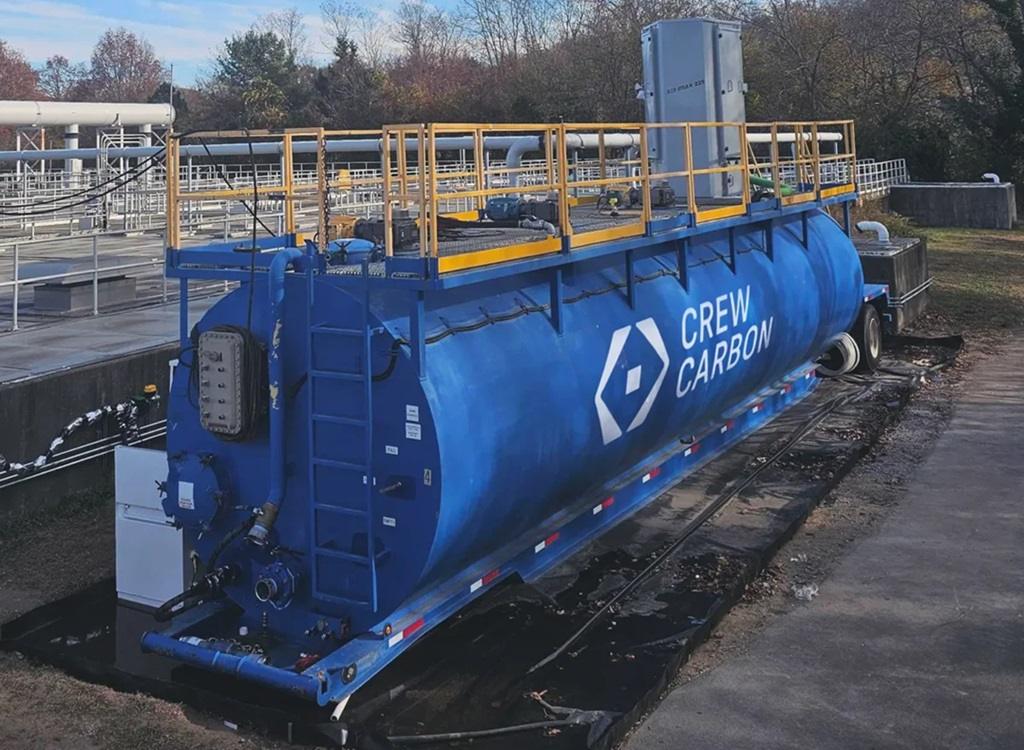Telstra Ends Use of Carbon Credits to Increase Focus on Decarbonization Projects
Australia-based telecommunications and information services company Telstra announced today that it will no longer be using carbon credits to offset its operational carbon emissions, shifting focus instead to investments in decarbonization projects to reduce its direct emissions footprint.
In addition to moving away from offsetting, Telstra also announced an increase in its decarbonization goals, raising its scope 1 and 2 carbon emission reduction target to 70% by 2030, from its prior 50% goal, while keeping its 2030 target to reduce Scope 3 emissions by 50% in place.
In a post announcing the new commitments, Telstra Chief Sustainability Officer Justine Rowe said:
“We are aware of the increased public and industry interest in how corporates are using carbon credits in recent years, and that consumers are increasingly expecting organisations to take more direct and transparent climate action. That is why we believe redirecting our investments from purchasing carbon credits to taking more direct climate action here in Australia, will help consumers better understand how we are having more direct impact on climate change.”
Telstra set its prior climate commitments in 2020, pledging at the time to reduce absolute Scope 1, 2, and 3 emissions by 50% by 2030, to enable renewable energy generation equivalent to 100% of its consumption by 2025, and to offset emissions from operations. The company has also set a goal to achieve net zero emissions by 2050.
Since setting its goals, the company reported that it has achieved a 30% reduction in scope 1 and 2 emissions, and a 28% reduction in Scope 3, and that it has contracted renewable energy generation equivalent to its 100% 2025 goal.
The company ha also offset emissions from its operations each year since 2020, using carbon credits from projects related to renewable energy development, First Nations savanna burning activities and restoring biodiversity, and certifying its carbon offsetting status via the Climate Active program.
With the updated commitments, Telstra will no longer seek certification from Climate Active for its operations and products, and will also remove references to its plans being “carbon neutral” or “carbon offset.”
The company said that its increased focus on decarbonization investments will focus on efforts ranging from improving energy efficiency in operations and decommissioning technology that isn’t energy efficient in favor of equipment that is, to sourcing electric vehicles for its field teams. The company added that it will also explore technology-related opportunities to reduce emissions, including piloting green hydrogen cells, installing more solar and battery solutions, and using data analytics and AI to improve the efficiency of network equipment.
Rowe added:
“We’ve taken big steps to reduce our carbon footprint, in every aspect of our business – from how we use energy to how we package, sell and power our products. But as the world approaches the 1.5 degree warming threshold, it’s time to take more direct action to tackle climate change.”





